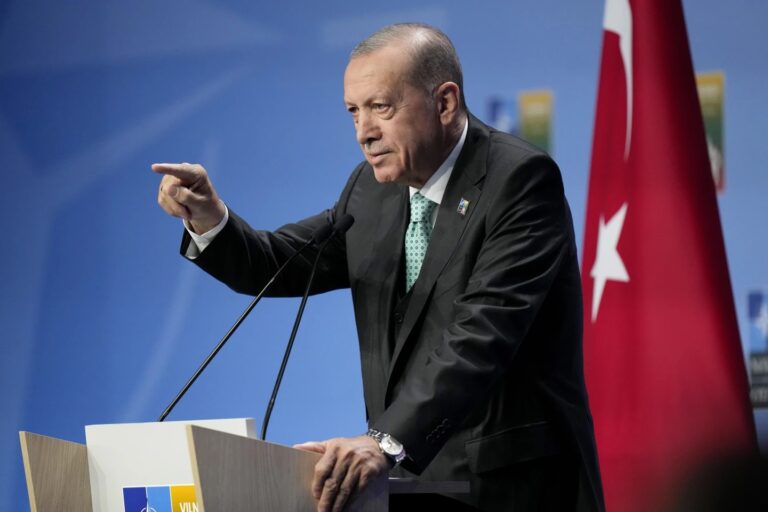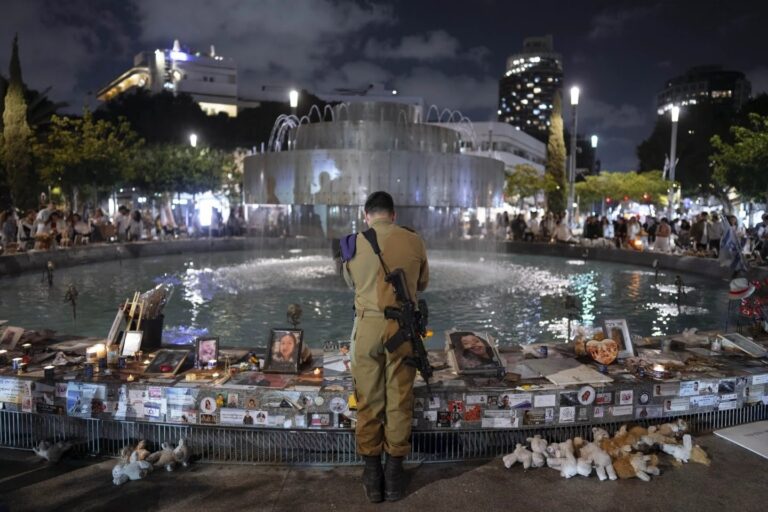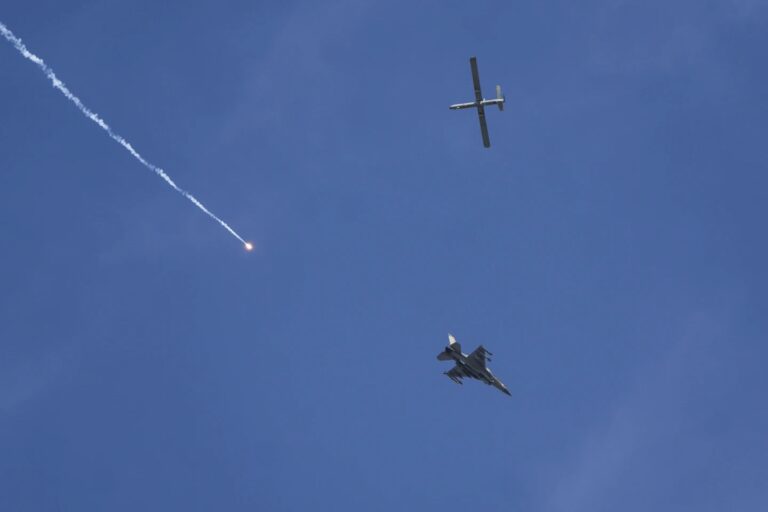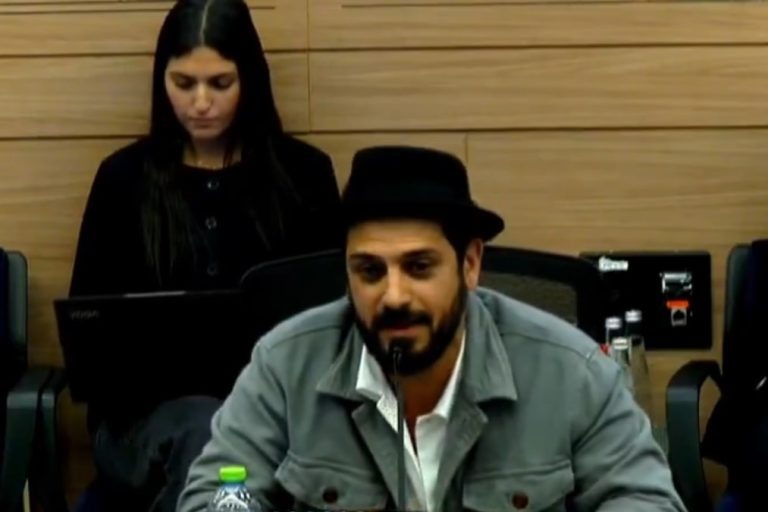
America’s new top diplomat is already facing trouble and confusion as he begins a two-week trip whose major focus is on coalescing international action on Syria.
With John Kerry in London Monday on the first leg of his nine-country tour of Europe and the Middle East, administration officials were scrambling to salvage a planned meeting between the new U.S. secretary of state and the leaders of the Syrian opposition coalition scheduled for Thursday.
Following a Monday meeting in London with British Foreign Secretary William Hague, Kerry condemned the Syrian regime’s use of rockets to attack civilians in Aleppo but declined to specify any of the steps he suggested earlier this month the Obama administration is “evaluating” to change the situation on the ground in Syria. He downplayed the notion that any new American initiatives would be unveiled at the upcoming Friends of Syria meeting in Italy.
“Now, let me make clear, we will continue to work closely with our British allies to address the growing humanitarian crisis, and to support the Syrian Opposition Council. We are coordinating with the Syrian opposition coalition, we’re coordinating with the U.N. and with others in order to help get relief to the victims who need that help,” Kerry said.
The leaders of the Syrian opposition council are threatening to boycott the Rome meeting,according to the New York Times, “to protest what they see as fainthearted international support.” The administration sent U.S. Ambassador to Syria Robert Ford to Cairo to try to persuade the coalition leaders to show up in Rome.
Kerry urged the opposition leaders to attend the Rome meeting Monday, casting the meeting as a unique opportunity for them to discuss ways the United States can help persuade Syrian PresidentBashar al-Assad to change his thinking.
“They should come and meet because in fact, countries have been helping them, and because we are precisely meeting to determine how to help President Assad change the calculation on the ground,” Kerry said. “I said that previously in the United States — that President Assad needs to be able to change his calculation. And President Obama has been engaged in examining exactly in what ways we may be able to contribute to that. That’s the purpose of this meeting in Rome.”
Kerry said he would meet with Russian Foreign Minister Sergei Lavrov Tuesday in Berlin, and that he plans to discuss specific proposals Syria at the Rome meeting.
A senior State Department official traveling with Kerry told reporters that the secretary is focused on convincing Russia to convince Assad to change his behavior and his calculus.
“The Russia piece we’ve been focused on for some time, because we’ve been absolutely clear that there needs to be a political transition, and we felt that Russia could play a key role in convincing the regime and everyone that there needs to be that political transition,” the official said. “We’re following up on that… we have not seen major breakthroughs with the Russian or a change of the Russian position. So we’re not expecting this meeting to be a big breakthrough either.”
Hague said the British are already working with European partners on a package of new sanctions against the Assad regime and pledged that his country would soon be unveiling new steps to help the Syrian opposition defend itself from the military onslaught perpetrated by the regime.
“We agreed that for as long as a political solution to the conflict is blocked off, the international community has a responsibility to take steps to help prevent the loss of life in Syria, loss of life including the terrible loss of life that we have just witnessed in Aleppo,” Hague said. “And that’s why in the United Kingdom we believe we must significantly increase our support for the Syrian opposition on top of our large contributions to the humanitarian relief effort, and we are preparing to do just that. In the face of such murder and threat of instability, our policy cannot stay static as the weeks go by, and it is an important opportunity in Rome on Thursday to discuss this with our allies and partners.”
The European Union decided this week not to end its embargo on shipping arms to the Syrian opposition, but the UK was able to get through a measure that expands the types of allowable non-lethal support to the armed opposition, to include things like night-vision goggles, armored vehicles, and body armor, the senior State Department official said.
But there’s no expectation that the Obama administration is preparing to relax its reluctance toward providing the Syria rebels with anything beyond limited humanitarian assistance and communications equipment.
“I don’t have anything further to add on our approach to arms in Syria,” the official said










